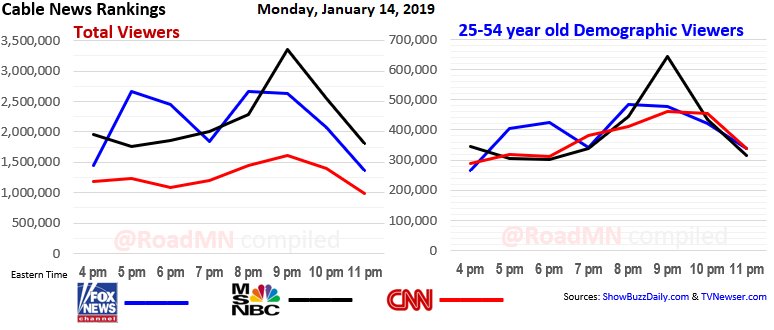 What happens when you combine a ridiculous government program with the brains behind one of the best sitcoms in television history? It sounds like we’ll have an answer pretty soon.
What happens when you combine a ridiculous government program with the brains behind one of the best sitcoms in television history? It sounds like we’ll have an answer pretty soon.
Netflix announced today that a workplace comedy show “about the people tasked with creating” President Donald Trump’s proposed Space Force is currently in the works. There aren’t any details regarding episode count or premier date, though we do know the show is being executive produced by Steve Carrell (who’s also starring), Greg Daniels, and Howard Klein.
All three are alumni of The Office, a comedy about workers at a fictional paper company that ran on NBC from 2005-2013. Carrell, of course, played Dunder Mifflin Scranton Regional Manager Michael Scott for The Office‘s first seven seasons. Daniels ran the show, while Klein produced several episodes during its nine-season* run.
Netflix announced the new project via a text-heavy video set to the iconic theme music of 2001: A Space Odyssey. “On June 18, 2018, the federal government announced the creation of a 6th major division of the United States Armed Forces,” the announcement says. “The goal of the new branch is ‘to defend satellites from attack’ and ‘perform other space related tasks’…or something. This is the story of the men and women who have to figure it out”:
There’s no way to know what the end result of Trump’s force will look like. But as is true of many wasteful government programs, there’s plenty to poke fun at.
For instance, there’s the fact that 36,000 people are already employed by the Air Force Space Command. It’s looking like the Space Force will exist under the branch of the Air Force, which makes you wonder how the two agencies will differ. Then there’s the issue of the potential weaponization of outer space, as the creation of the Space Force could trigger an international arms race.
It’s also worth noting that Air Force Secretary Heather Wilson (as well as former Defense Secretary James Mattis), have previously opposed the idea on the basis that more bureaucracy won’t help. Even without the Space Force, the Pentagon wastes about $125 billion a year on administrative inefficiencies. Adding to the alphabet soup of space agencies will probably just make that worse.
The Space Force TV show, meanwhile, sounds like it will be an expensive project, with sources telling Variety that Carrell will pull in more than $1 million per episode. But it’s sure to be cheaper than the actual Space Force, which could cost up to $13 billion in its first five years.
If there’s one silver lining to Trump’s absurd Space Force proposal, it’s that an Office reunion of sorts could be on the horizon. The new show “feels like a spiritual successor” to The Office, reported Deadline Hollywood, and most Office fans probably hope that’s true. In the six years that the show has been off the air, revival rumors have kept coming.
At long last, fans’ wishes may be coming true. And they can thank Trump’s Space Force idea.
*Correction: This post originally claimed that the American version of The Office ran for eight seasons. It actually ran for nine seasons.
from Hit & Run http://bit.ly/2suagFg
via IFTTT
 One hundred years ago
One hundred years ago  Los Angeles County’s new sheriff made it a campaign point that he was going to be focusing on the rank-and-file and
Los Angeles County’s new sheriff made it a campaign point that he was going to be focusing on the rank-and-file and  women too much. It’s progressive organizers have been accused of anti-Semitism and hobnobbing with Nation of Islam leader Louis Farrakhan, a man who stands for everything—misogyny, homophobia—that progressivism stands against.
women too much. It’s progressive organizers have been accused of anti-Semitism and hobnobbing with Nation of Islam leader Louis Farrakhan, a man who stands for everything—misogyny, homophobia—that progressivism stands against. In a divided
In a divided  At his
At his  On Wednesday, Speaker of the House Nancy Pelosi (D–Calif.)
On Wednesday, Speaker of the House Nancy Pelosi (D–Calif.)  “Welcome to the team,” CNN’s Chris Cuomo
“Welcome to the team,” CNN’s Chris Cuomo  It’s true that CNN ranks a
It’s true that CNN ranks a 
